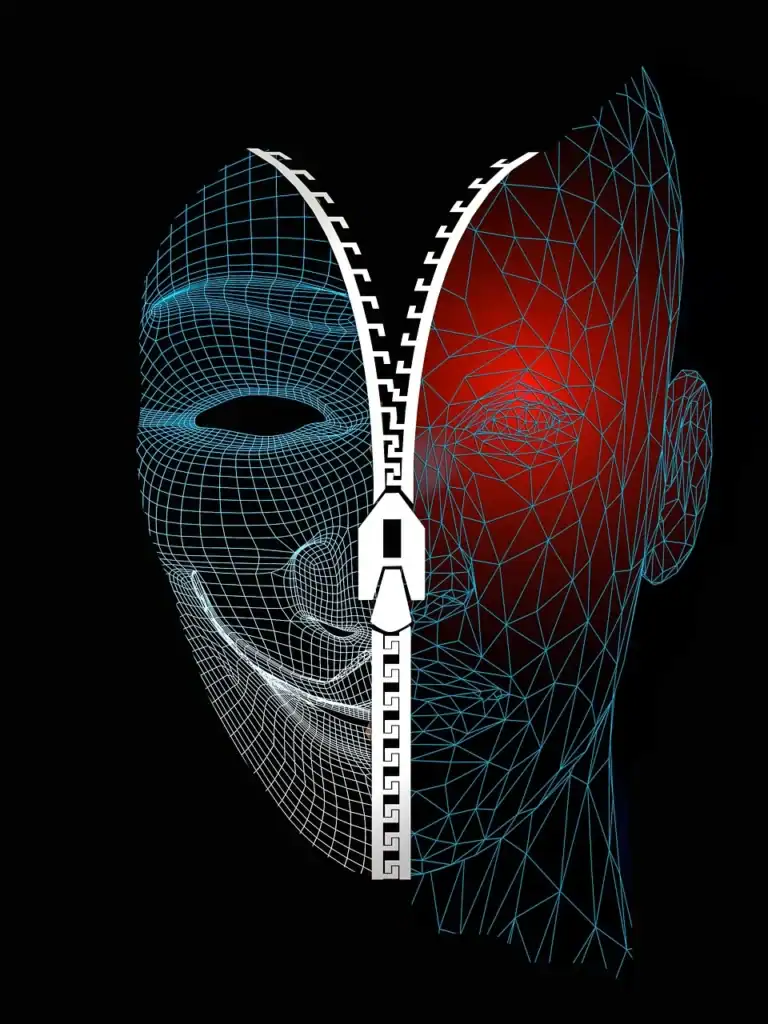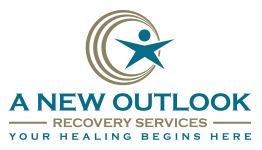08|2025

As an Executive Director overseeing an Intensive Outpatient Program (IOP) designed for individuals with both mental health and substance use disorders, it’s vital to recognize the complexity and interconnectedness of these dual challenges. Individuals often grapple with overlapping struggles, making it difficult for both them and healthcare professionals to determine whether they are dealing with addiction, mental health issues, or both. This uncertainty can be emotionally taxing and poses a significant challenge in providing effective treatment. Here is a comprehensive breakdown of this nuanced topic and its implications for IOP treatment strategies.
1. Understanding the Dual Diagnosis
Co-occurring disorders (also known as dual diagnosis) refer to the simultaneous presence of a mental health disorder and a substance use disorder (SUD). This concept is critical because it reflects the reality faced by millions of individuals. The dual diagnosis phenomenon affects a broad spectrum of individuals across all demographics, and its pervasiveness necessitates a tailored treatment approach.
Statistics:
- According to the National Institute on Drug Abuse (2018), 7.7 million adults in the U.S. have co-occurring disorders.
- Among the 20.3 million adults diagnosed with SUD, 37.9% also have a mental illness.
- Among the 42.1 million adults with mental health disorders, 18.2% also have an SUD.
These statistics indicate that a significant portion of those seeking help for either substance use or mental health struggles are likely dealing with both. This informs the need for integrated treatment models like those offered in IOPs.
2. The Intertwined Relationship Between Addiction and Mental Health
The mental health and addiction realms are often not independent. One disorder can trigger or exacerbate the other, creating a vicious cycle:
- Mental Health Symptoms Leading to Substance Use: Individuals may use substances as a form of self-medication to cope with anxiety, depression, PTSD, or other mental health issues. This “solution” provides temporary relief but eventually leads to dependency and addiction.
- Substance Use Exacerbating Mental Health Disorders: On the other hand, chronic substance use can worsen mental health conditions, including anxiety, depression, and psychosis. This perpetuates a cycle where both disorders intensify over time.
This complex feedback loop makes diagnosing and treating these co-occurring disorders particularly challenging. Understanding this dynamic is key to providing effective treatment plans, as addressing only one disorder without considering the other may lead to incomplete care.
3. The Importance of Accurate Diagnosis
Effective treatment begins with a comprehensive and accurate diagnosis. In an IOP setting, we conduct biopsychosocial assessments to determine the most appropriate approach for each individual. This involves:
- Evaluating Substance Use Patterns: Identifying substances used, frequency, and the motivations behind use.
- Mental Health Assessment: Understanding existing mental health diagnoses or symptoms, such as depression, anxiety, or trauma.
- Identifying Overlapping Symptoms: Symptoms like anxiety can mimic stimulant intoxication, while depression can appear similar to withdrawal, making accurate diagnosis a nuanced process.
With co-occurring disorders, an accurate diagnosis enables us to:
- Distinguish between substance-induced symptoms and pre-existing mental health symptoms.
- Determine whether one disorder is exacerbating the other.
- Tailor treatment plans that address both disorders simultaneously.
4. Integrated Treatment Approach in IOP
Given the interconnected nature of addiction and mental health disorders, treating them in isolation is ineffective. IOPs are designed to address both aspects of a dual diagnosis in an integrated manner.
Key treatment modalities used in IOPs include:
- Cognitive Behavioral Therapy (CBT): For identifying and altering maladaptive thought patterns that contribute to both substance use and mental health disorders.
- Dialectical Behavior Therapy (DBT): To enhance emotional regulation, distress tolerance, and interpersonal effectiveness, critical for individuals with co-occurring disorders.
- Trauma-Informed Care: For individuals with PTSD or other trauma histories, addressing past trauma is crucial in healing from both mental health and substance use struggles.
- Medication-Assisted Treatment (MAT): When appropriate, MAT may be used to help individuals with opioid addiction or severe depression, supporting long-term recovery.
In addition to individual therapy, group therapy and peer support, such as 12-step programs or SMART Recovery, provide essential community support for people in recovery.
5. Challenges in Treatment
The diagnostic ambiguity inherent in co-occurring disorders often leads to challenges in treatment. For example, depression may look like withdrawal from a substance, or anxiety might mimic intoxication. These diagnostic complexities require IOP providers to be equipped with:
- Skilled Clinicians: Therapists and counselors in IOPs must be trained in dual diagnosis and capable of providing accurate assessments and interventions.
- Collaborative Treatment Plans: In some cases, medication management, along with therapy, may be necessary to stabilize individuals while they work through the challenges of both disorders.
Effective treatment requires the integration of various disciplines, including medical professionals, therapists, and peer support groups, to provide holistic care. For IOPs, this means offering a collaborative, multi-disciplinary team approach to treatment.
6. The Path to Recovery
Recovery from co-occurring disorders is often long and complex but not insurmountable. In an IOP, recovery is a journey that focuses not only on symptom management but also on reconnection with one’s sense of self and purpose. Key elements of recovery include:
- Rebuilding Self-Worth: Helping individuals reconnect with their identity beyond their illness. This includes rediscovering lost passions, dreams, and purpose in life.
- Developing Coping Skills: Teaching clients healthier ways to cope with stress, emotions, and triggers without relying on substances.
- Peer Support and Accountability: Group therapy and support networks are vital in building a sense of community and reducing isolation.
- Emotional Resilience: Helping individuals navigate setbacks with resilience, patience, and self-compassion is crucial for long-term recovery.
The IOP setting, by nature of its structure and intensity, offers an environment where these recovery principles can be consistently reinforced, leading to a better quality of life for those dealing with co-occurring disorders.
7. The Role of the Executive Director in Dual Diagnosis Treatment
As the Executive Director of an IOP, my role involves ensuring that the facility is equipped with the resources, training, and staff necessary to provide effective care for individuals facing co-occurring disorders. This includes:
- Training Staff: Ensuring that all clinicians and support staff are proficient in recognizing and treating co-occurring disorders.
- Monitoring Outcomes: Continuously assessing the effectiveness of our treatment programs to ensure that both mental health and substance use disorders are being adequately addressed.
- Promoting Integrated Care: Facilitating collaboration between various treatment providers to ensure a holistic approach to recovery.
- Community Engagement: Providing educational resources and outreach programs to reduce the stigma surrounding co-occurring disorders and to increase awareness of available treatment options.
Conclusion
For individuals struggling with both mental health issues and addiction, IOPs offer a structured environment that facilitates integrated treatment, addressing both the mind and the substance use simultaneously. By offering targeted interventions, comprehensive assessments, and a compassionate, recovery-oriented atmosphere, an IOP provides the foundation for lasting recovery from co-occurring disorders. It is through understanding, accurate diagnosis, and integrated care that individuals can heal, rebuild, and reconnect with their lives and their potential.
A New Outlook Recovery Services provides therapy for individuals dealing with mental health challenges, relationship and marriage issues, and substance use disorders. Our services include Mental Health and Substance Use Disorder PHP/IOP programs and NeuroStar TMS therapy. Proudly serving communities across Colorado. Call us today for more information at (303) 798-2196… Your Healing Begins Here.
Categories:: Addiction, Addiction Recovery, Depression, Mental Health, Personal Growth, Resources